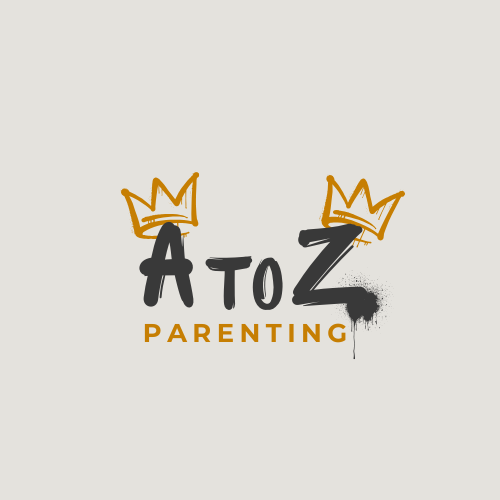The Truth About Manipulative Parenting
Fear, Manipulation, and Control Don’t Build Strength
Many parents think strict “discipline,” whether through physical punishment or emotional control, builds strong, confident children. I hear many dads talk about how we need to make kids tough, be hard on them, and make them feel pain. These men carry heavy wounds they are unaware of as they suffer through traumatic events after events happening in their lives.
There is no “healthy” dose of fear, and it doesn’t build strength. It builds compliance and insecurity at the cost of emotional well-being. The parent-child relationship is the only one where being assaulted is considered a better choice than communicating.
When children grow up in an environment where love is conditional, obeying means they get affection, and disobedience brings punishment. They don’t develop respect; they learn survival tactics, like suppressing emotions, constantly scanning for potential conflict, and living in a state of hypervigilance. Instead of building confidence, they grow up disconnected from themselves, with little self-worth and difficulty forming healthy relationships.
The Impact of Manipulation and Narcissistic Parenting
Not all harm comes from physical abuse. Sometimes, it’s psychological manipulation, which can be even more damaging because it’s often invisible:
“You’re too sensitive. That didn’t happen.” Teaches children to doubt their own reality, forcing them to accept others’ versions of events.
“I sacrifice everything for you, and you treat me like this?” Instills guilt, making the child feel responsible for their parent’s emotional well-being.
“If you loved me, you would do what I say.” Conditions children to equate love with obedience, setting them up for toxic relationships as adults.
Children raised this way experience Emotional Blindness. They learn to ignore their gut instincts because they are told their feelings are wrong or inconvenient. This internal conflict manifests later as anxiety, depression, and even personality disorders.
The child’s reality gets warped, and the victim mindset takes hold!
Kids who are forced into these dynamics experience splitting, where they have to present one version of themselves that pleases their parents while hiding their true selves. This fractured identity leads to chronic self-doubt, struggles with self-acceptance, and difficulty forming deep, authentic connections in adulthood. Many of these individuals grow up with deep shame stemming from their childhood experiences of neglect or abandonment. It’s this shame that drives them to compensate by adopting narcissistic traits, with a false sense of elevating themselves above others to feel worthy.
Narcissism and Abuse
At the core of inheriting these traits is shame. It’s a self-defense mechanism that involves putting one’s needs above everyone else’s to avoid feeling the pain of being unworthy. But narcissism breeds abuse, and when someone’s internal narrative revolves around the belief that their needs are always more important than others, they’re far more likely to engage in controlling or abusive behavior. The fear of rejection fuels this, and they believe they’ll be abandoned if they don’t dominate the relationship.
How This Affects Relationships in Adulthood
The patterns learned in childhood don’t magically disappear when we reach adulthood. They follow us into every future relationship.
People-pleasing and codependency: They struggle to set boundaries and feel responsible for others’ emotions.
Emotional numbness and avoidance: Instead of facing conflict head-on, they shut down because their emotions were never safe to express.
Repeating toxic patterns: They find themselves drawn to controlling or manipulative relationships because those dynamics are familiar.
Fear-based parenting: They unconsciously pass on the same dysfunction to their children, believing that control and fear are necessary for respect and love.
These wounds don’t heal themselves. If left unchecked, they create a cycle of trauma that secretly affects future generations.
Strength Comes from Secure Attachment
The strongest children do not obey out of fear. They can confidently work and overcome life’s challenges. Strength comes from secure attachment, which happens when children know they are loved unconditionally, can express themselves freely, and are confident in their worth without fear of rejection or punishment.
Building resilience in children means:
Allowing them to face struggles while providing emotional support.
Encouraging autonomy rather than demanding blind obedience.
Modeling emotional regulation, not reacting with anger or aggression.
Parents raised in fear-based environments often think they are doing “what’s best,” but the truth is that fear-based parenting doesn’t produce strong adults. It creates broken, anxious, emotionally disconnected people who struggle to trust themselves and others.
These cycles can be broken, and healing is possible. But it starts with acknowledging how our past shaped us, taking responsibility for it, healing the wounds, and making the conscious decision to do better for the next generation. It’s not about pointing fingers or passing on the shame. It’s about fixing yourself so your family doesn’t suffer.
Don’t forget to check out A to Z parenting!



